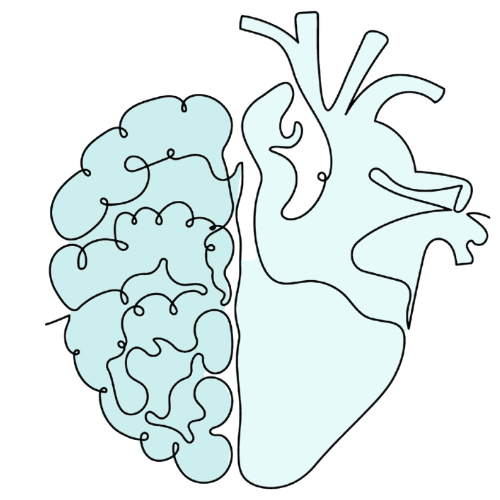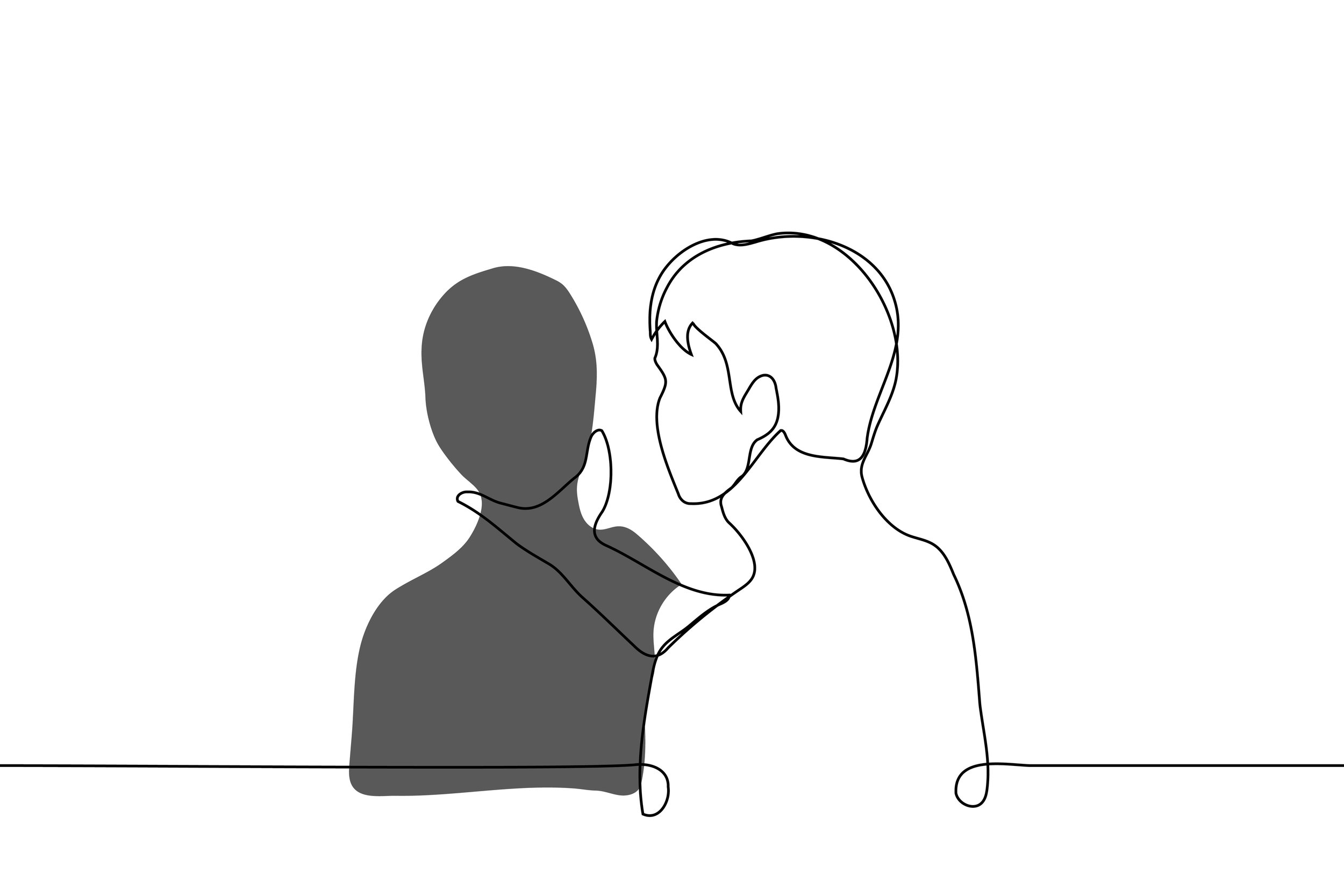Therapy for Anxiety & Low Self-Esteem
Self-esteem comes from the perceptions we have around our value, worth, and abilities. Low self-esteem happens when we develop a distorted perception of who we are. When we consistently underestimate our worth and value, life can become an exhausting battle of trying to be “good enough.”

Common Core Beliefs of Low Self-Esteem
Our core beliefs strongly influence our perceptions of ourselves, others and the world around us. They come from early life experiences and the meaning we derived from these events. Over time these beliefs get reinforced by the things we see, hear, and feel. Our unique set of life experiences shapes our perspective. Differences in perception can foster interesting discussions and creativity. At the same time, when we get stuck in viewing things from only one point of view, our perception of reality gets distorted. Low self-esteem is associated with a particular cluster of distorted deeply ingrained core beliefs, including:
Inadequacy
“I am not good enough,” “I am stupid” or “I am not capable.”
Defectiveness
“I am inherently flawed," “I am ugly” or “there is something wrong with me.”
Unlovable
“I don’t deserve good things,” “I am not likeable” or “I am undeserving of love.”
Failure
“I am a loser” or “I can’t do anything right.”
Weakness
“I am vulnerable,” “I am a weak person,” “I am too sensitive.”

“Well I guess I should stick up for myself. But I really think it’s better this way.” — The Offspring, Self Esteem

Signs of Low Self-Esteem
1.) Overachieving & Underachieving
2.) People Pleasing.
3.) Trouble with Self-Care.
4.) Loud Inner Critic.
5.) Discomfort with Feedback.
6.) Exploitative Relationships.
7.) Self-Sabotage.
8.) Fear of Disappointing Others & Being Disappointed.
9.) Cynicism.
10.) Self-Doubt & Imposter Syndrome.

“The more you suffer - the more it shows you really care, right? Yeah.” — The Offspring, Self Esteem

1.) Self-Care Practices
2.) Healthy Boundaries
3.) Self-Compassion
4.) Safe Self Expression
5.) Being Acknowledged
Self-Esteem Builders
Self-Esteem Destroyers
1.) Self Destructive Behaviors
2.) Excessive Self-Sacrifice
3.) Unrealistic Expectations
4.) Micromanagement
5.) Being Taken Advantage Of

Self-Esteem Building Exercise: My Worth
Generally, we are all doing the best we can at any given moment. Even when we are doing something that is ineffective, we are still doing our best. At the same time, when this happens we need to do better. These seemingly opposing statements reflect the idea that accepting ourselves without judgment allows us to make more skillful decisions.
With this in mind, take a moment to reflect on how much you value yourself. Do you value yourself enough to maintain healthy boundaries with others? Are you able to forgive yourself for past mistakes and show self-compassion whenever you fall short of your own expectations?
When we do not feel worthy, we have trouble accepting our flaws and weaknesses. Instead, we try to avoid our feelings, which then come out as depression and anxiety, or we express them in unhealthy or destructive ways. It is hard to treat others well when we are unhappy with ourselves.
If this rings true for you, try this:
Define Worth for Yourself.
Set aside a time to reflect on your values and gain clarity about what worth means to you. Think about the kind of person you want to be and how you would like to live your life. What changes when you tune out the opinions or beliefs of others?
Check out the journaling prompts below to get started.

